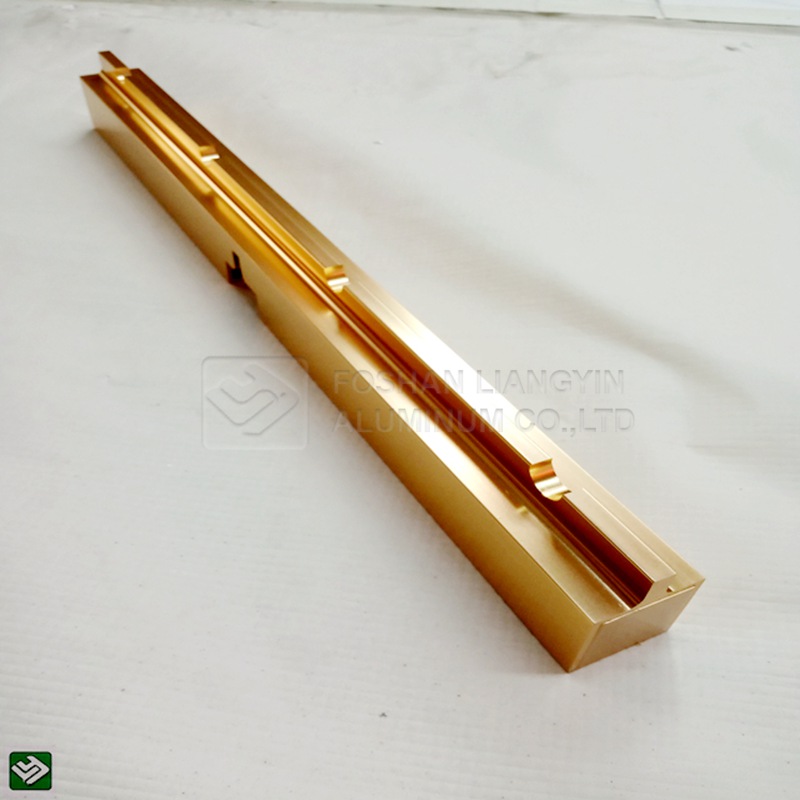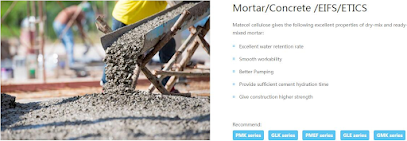What are the Characteristics of Aluminum Profiles?
Corrosion resistance
The density of aluminum profile is only 2.7g/cm3, which is about 1/3 of the density of steel, copper or brass (7.83g/cm3, 8.93g/cm3, respectively). Under most environmental conditions, including air, water (or saltwater), petrochemicals and many chemical systems, aluminum can show excellent corrosion resistance.
Conductivity
Aluminum profile is often selected because of its excellent electrical conductivity. On the basis of equal weight, the conductivity of aluminum is close to 1/2 of that of copper.
Thermal conductivity
The thermal conductivity of aluminum alloy is about 50-60% of copper, which is beneficial to the manufacture of heat exchangers, evaporators, heating appliances, cooking utensils, and automobile cylinder heads and radiators.
Non-ferromagnetic
Aluminum profiles are non-ferromagnetic, which is an important feature for the electrical and electronic industries. Aluminum profiles are not spontaneously combustible, which is important for applications involving handling or contact with flammable and explosive materials.
Machinability
The workability of the aluminum profile is excellent. In various deformed aluminum alloys and cast aluminum alloys, as well as in the various states these alloys have after being produced, the machining characteristics vary considerably, which requires special machine tools or technologies.
Formability
The specific tensile strength, yield strength, ductility and corresponding work hardening rate dominate the change in allowable deformation.
Recyclability
Aluminum has extremely high recyclability, and the characteristics of recycled aluminum are almost indistinguishable from primary aluminum.
Precautions
Pay attention to the following points when purchasing and using aluminum alloy building profile products:
1. Check the product delivery certificate, pay attention to the delivery date, specifications, technical conditions, company name and production license number.
2. Observe the surface condition of the product carefully. The product should be bright in color and good in luster. The surface should not have obvious scratches, bubbles and other defects.
3. Be sure to pay attention to the wall thickness of the product, and the product thickness of the door and window materials should not be less than 1.0mm.
4. Pay attention to the thickness of the surface coating of the product, the film thickness of anodized products is not less than 10μm, the film thickness of electrophoretic paint products is not less than 17μm, and the thickness of the powder spray coating does not exceed the range of 40-120μm, fluorocarbon paint spraying The product should be above the second coating and not less than 30μm.
5. Users in coastal areas are better to choose electrophoretic coating profiles, powder spray profiles or fluorocarbon spray profiles with better corrosion resistance.
6. Do not use brushes and other hard objects as cleaning tools during daily maintenance. Soft cotton yarn and cotton cloth should be selected.
7. Water, detergent and soap can be used for cleaning, but other organic substances can not be used.
Our company also has Aluminum Profile Custom on sale, welcome to contact us.


评论
发表评论